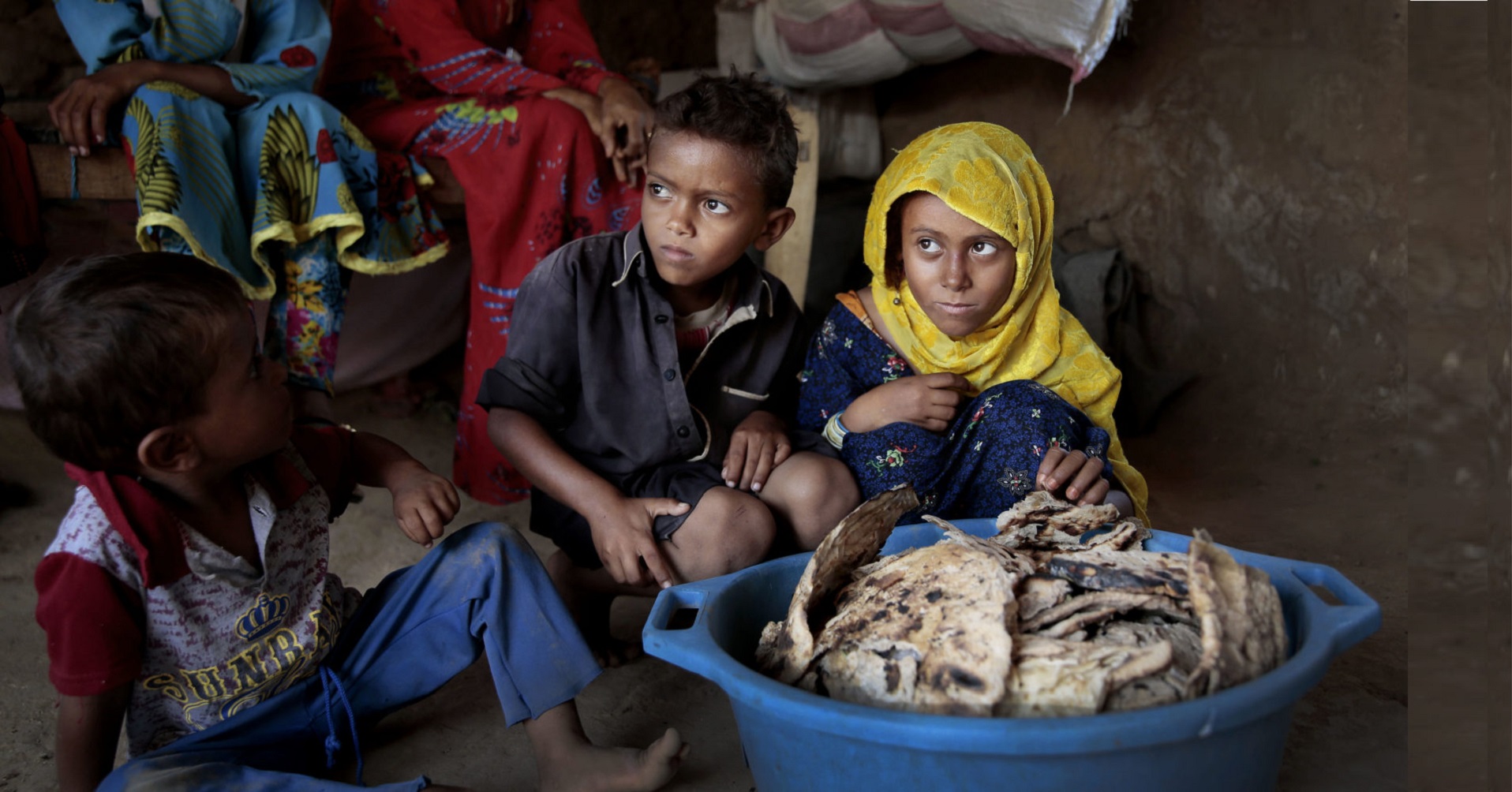Aid agencies have expressed alarm after the first virus case was confirmed in Yemen, where years of civil war have devastated health systems.
Oxfam said it was a “devastating blow”, the International Rescue Committee called it a “nightmare scenario”.
Yemen is suffering the world’s worst humanitarian crisis and millions are reliant on food aid.
Diseases including cholera, dengue and malaria are rife and only half of hospitals are fully functional.
News of the first Covid-19 case came a day after the Saudi-led coalition fighting Houthi rebels in Yemen began a ceasefire, saying it wanted to help stop coronavirus spread and support UN peace efforts.
- Ceasefire begins in Yemen to help combat virus
- Yemen’s humanitarian crisis near breaking point
- Yemen crisis: Why is there a war?
Yemen’s national emergency committee said on Friday that the patient was a 60-year-old man in the southern oil-producing region of Hadramawt.
Spokesman Ali al-Walidi said the man was in a stable condition at a quarantine centre.
Authorities quickly sealed off the port where the man works and told other employees to self-isolate for two weeks, Reuters reported.
The neighbouring regions of Shabwa and Al Mahra sealed their borders with Hadhramout, where a 12-hour nightly curfew has been imposed.

At a time when health workers worldwide are said to be on “front lines”, Yemen’s caregivers are bracing for yet another battle. They’re always fighting outbreaks of deadly diseases including diphtheria, dengue, and in recent years, the worst outbreaks of cholera the world has ever seen.
Earlier this year, we visited the biggest and best hospitals in the government-controlled south and Houthi-run north. Doctors confessed they got depressed – they don’t have the right medicines or equipment to treat patients.
At a packed clinic close to a real front line, a dedicated Dr Mekkia angrily called for an end to Yemen’s war as she cared for severely malnourished children. Families who make it to hospitals and clinics are among the fortunate – most don’t have access to healthcare, don’t live lives where they can self-isolate, or practise social-distancing.
Even keeping safe with clean water and soap is a luxury as another battle begins against this most deadly of viruses.
UN humanitarian co-ordinator Lise Grande said the effect of the virus in Yemen would be “catastrophic” if it spread.
“For weeks we have feared this, and now it’s happened. After five years of war, people across the country have some of the lowest levels of immunity and highest levels of acute vulnerability in the world,” she said.
The World Health Organization (WHO) said it was providing medical supplies, testing kits, ventilators and training to Yemen’s health services.
Xavier Joubert, director of Save the Children in Yemen said it was critical that both sides in the civil war observed a ceasefire.
“This is a moment we all feared, and were hoping to avoid, because Yemen is critically under-equipped to face this virus,” he said.
“A Covid-19 outbreak in Yemen will put a heavy strain on the country’s damaged health infrastructure and will have a devastating impact on its civilians. If we don’t act today, what we will witness tomorrow is unspeakable.”
The IRC’s Tamuna Sabedze said millions of Yemenis lived in cramped and unsanitary conditions and were vulnerable to contracting the virus, adding: “While we knew this was coming, still, the spread of Covid-19 to Yemen is a nightmare scenario.”
Earlier, the World Food Programme said it would be forced to halve aid to some Houthi-controlled areas due to a funding crisis.
The UN agency said some donors had stopped their aid over concerns that deliveries were being obstructed by Houthi forces.
From mid-April, families will get aid every other month, instead of monthly.
For its part, the Houthi movement has accused aid agencies, including the WFP, of corruption and mismanagement.
The Saudi-led coalition has been battling Houthi rebels since 2015. It intervened after the Houthis ousted the internationally-recognised government from power in the capital Sanaa.
BBC / Balkantimes.press
Napomena o autorskim pravima: Dozvoljeno preuzimanje sadržaja isključivo uz navođenje linka prema stranici našeg portala sa koje je sadržaj preuzet. Stavovi izraženi u ovom tekstu autorovi su i ne odražavaju nužno uredničku politiku The Balkantimes Press.
Copyright Notice: It is allowed to download the content only by providing a link to the page of our portal from which the content was downloaded. The views expressed in this text are those of the authors and do not necessarily reflect the editorial policies of The Balkantimes Press.

